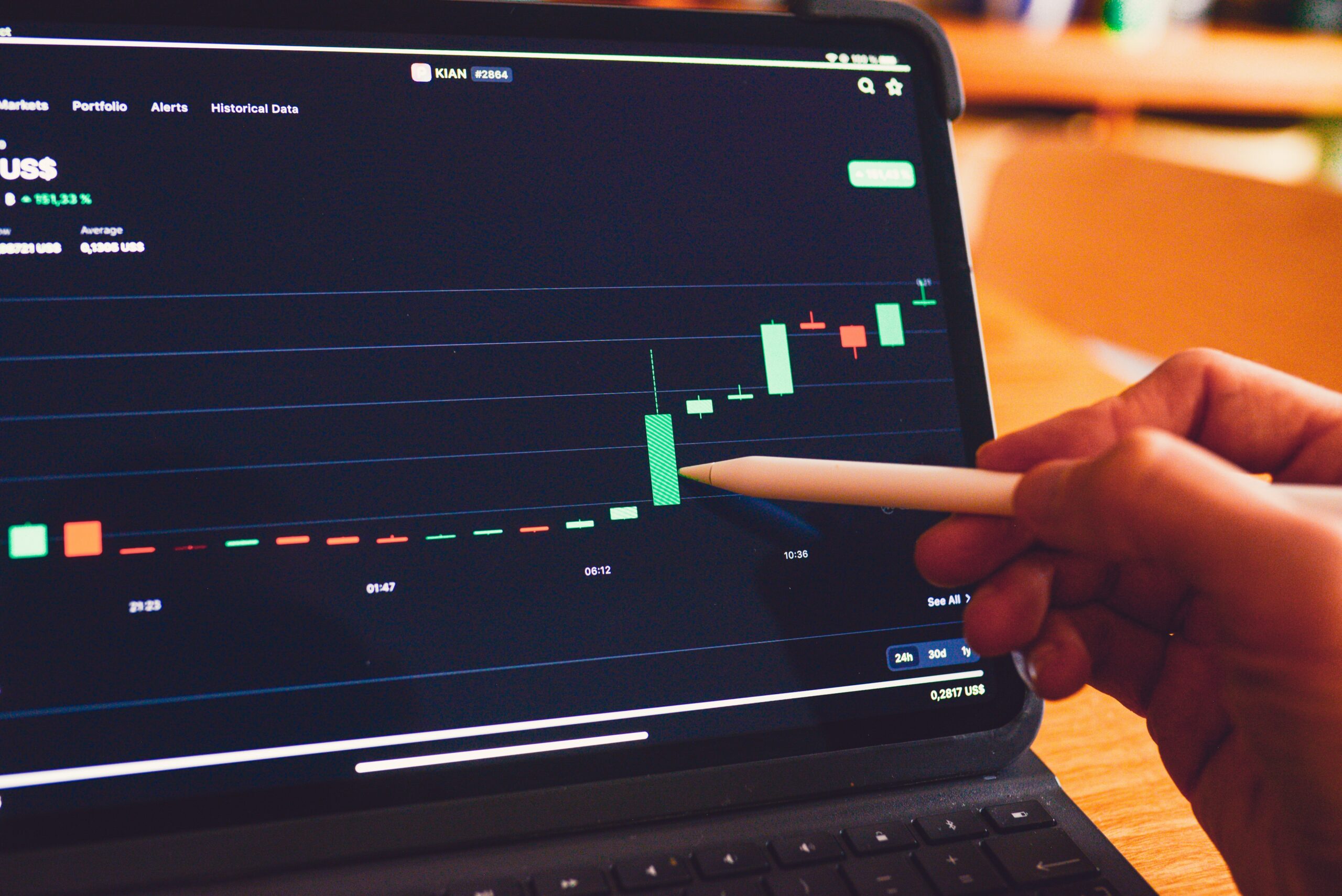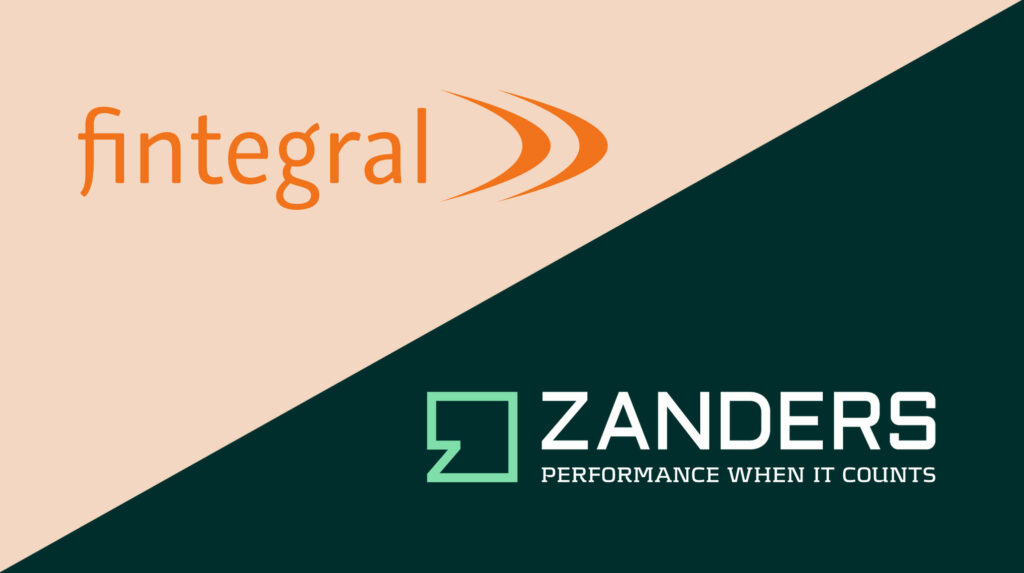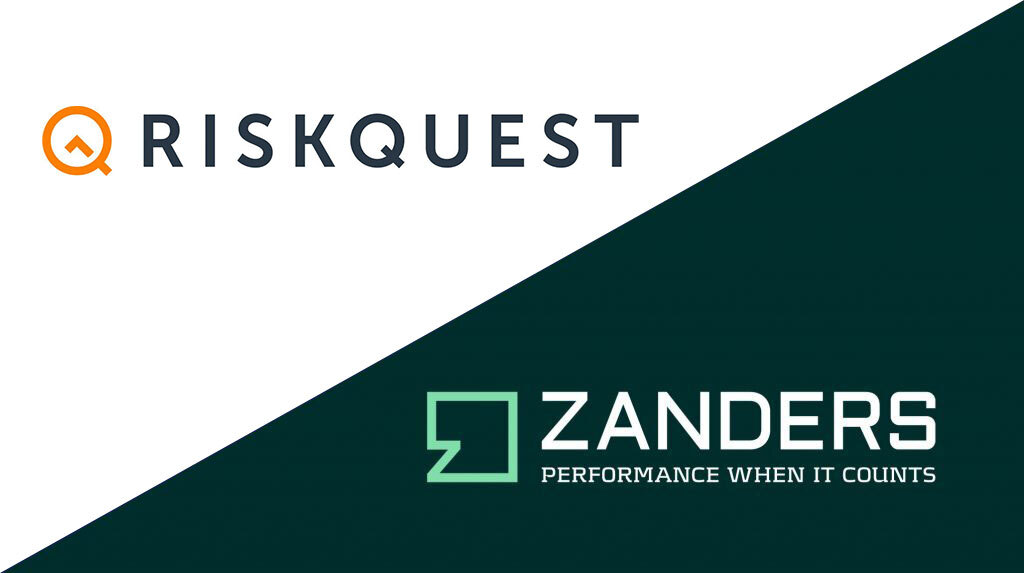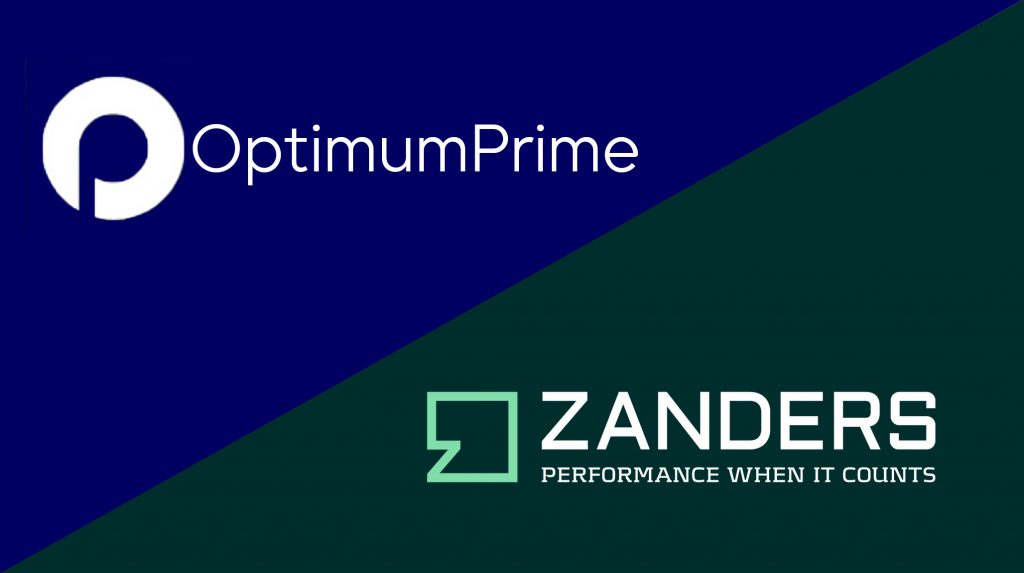FMO provides financing for companies in Africa, South and Central America, Asia, and Eastern Europe, and its mission is to empower entrepreneurs to build a better world.
“And in the context of this mission we have two objectives,” says Paul Buijze, FMO’s director of finance & mid-office.
“We only finance those companies that we expect will make an impact. They must contribute to the type of development that maintains a balance between financial returns and environmental and social aspects. In other words, the investment must stimulate development. We don’t finance ventures that commercial banks already do. We invest only in private companies that would otherwise not be able to grow; it’s not our place to finance governments.”
Focus Areas
The development bank invests in sectors in which they expect the impact to be the greatest, such as financial institutions, energy, and the agrarian sector. “Many companies are too small to be served from The Hague,” reasons Buijze, “but a local bank is far better positioned to reach companies in a country on a smaller scale. “And without our second focus area, energy, development isn’t even possible. Without light, you can neither read, study nor run a factory. Energy facilitates a great deal of development. “Our third focus area is food and water. By 2050, our planet will be home to nine billion people and they will all have to eat and drink, within the realms of what’s possible, of course. There will probably be enough agricultural land, but at the moment it’s being used very inefficiently. “It’s about the complete chain, incidentally. If there is insufficient refrigeration capacity, food will spoil before it even reaches consumers.”
Finally, in addition to these focus areas, we serve a sector encompassing infrastructure, production and services. Kept deliberately broad, this ‘other’ sector owes its importance to distribution, and mainly because of risk considerations. Here, on specific issues we always collaborate with partners that have certain expertise, while in the first three focus areas we ourselves often lead the way.
Strong Corporate Governance
With an investment portfolio of €8 billion in more than 85 countries, on a global scale FMO is one of the biggest development banks serving the private sector. It finances entrepreneurs directly through funds, but the decision to invest in funds depends on more than just financial criteria. Buijze is a member of the credit commission that assesses the suitability of projects. “Over the years we’ve built up an extensive list of investment criteria. A bank must have a certain level of solvency. For an investment in energy, for example, we insist that the energy provider will be called on to supply a certain amount of energy over a certain period of time. “And we opt for renewable energy, as opposed to the fossil-fuel-generated variety. We have extensively documented conditions for each type of financing. This is a departure point. “If, on that basis, a request fails to meet our conditions in the areas of the environment, society, governance, or return, we’ll take it from there whether we can implement the development with the company in question. We’ll look at the impact the company can generate, such as employment, for example. Every situation is different, which is what makes working in these countries so complex.” In combination with a report set up by the investment officer, who will have checked out a few things onsite, it’s decided with the aid of the criteria whether financing is eventually granted.
Negative Travel Advice
But how does that work, for example, in countries governed by ‘dubious’ regimes? “We have very strict and influential corporate governance and compliance officers,” says Buijze. “In that respect, our demands are uncompromising, and we carry out thorough research beforehand. We check, for example, to ensure a company has no ties with the government.” And what about companies in high-risk areas, such as a country embroiled in a civil war? "It’s absolutely essential that we have access to the country in question,” he answers. “We must be able to keep our finger on the pulse. If our government advises against travel to a particular country, funding will not go ahead. “However, if it’s already been extended, we cannot change it. Such a situation was created by the recent Ebola crisis; at one point, we could no longer travel to Liberia or Sierra Leone. “Of course, there are countries in which you are exposed to more risk, but our portfolio has a good spread and includes many countries which are now making good progress and where there is no political tension. “You’ll find savvy entrepreneurs in the most difficult of countries.”
According to Buijze, FMO has had to write off very few investments so far. “Every company experiences a hiccup from time to time, such as local demonstrations or disturbances. But at the end of the day, the situation usually sorts itself out. “Everyone needs energy, just like they need banks and telecommunications, for example. “And, of course, water too, although this issue is somewhat politically sensitive.”
Setting up authorizations
In many respects, FMO has a completely different risk profile compared to a commercial bank. “We don’t employ traders, and we are not subject to unrealistic financial pressures from shareholders,” says Buijze. “It allows us to be very focused on what we do. In my view, this doesn’t make our risk greater than that of a commercial bank.” Despite vastly differing missions and approaches, FMO nonetheless faces the same demands. “For example, DNB makes sure that our ICT architecture and its system administration comply with certain standards,” says Rolf Daalder, director of ICT & facility services at FMO. “Security must be paramount. FMO is free in its choice of cloud, but it must comply with certain DNB conditions. “We only do things we know about, and if we cannot do something ourselves, we have a number of partners we can fall back on for specific expertise.” Every year, FMO is audited by KPMG, which, in 2014, stipulated that the development bank should take a long, hard look at its internal authorizations and diverse roles and functions.
“Everyone in the bank has a certain function, to which certain rights are allocated,” explains Daalder. “You must know what you are approving. Some 10 years ago, we set up the WSS Suite (Finance Kit) system exactly for this purpose, but it had to be brought up to date.” What FMO needed was an independent party that also had expertise in how others approached this kind of task. “We had no intention of convincing ourselves that everything was hunky-dory; there was no point in the left hand checking what the right hand was doing!”
Four-eyes principle
How can you effectively monitor an existing system? “FMO wanted to be challenged and asked us for advice on best practices,” explains Zanders consultant Bart Timmerman. “During a regular update to a newer version, Finance Kit gained a new authorization functionality called Security Centre. It’s a completely separate module in which the organizational structure can be set up. It offers more possibilities and works differently, but that doesn’t detract from the fact that it must be checked to ensure that everything is set up properly.” The questions then were: what are all the processes, and what are they used for? “Supposing, for example, that one person was responsible for two processes, Zanders indicated what improvements should be feasible,” answers Daalder. In this way, it was possible to assimilate authorization profiles to the current systems and requirements. “It’s the best way: start from scratch, investigate who does what, who must be able to do what, and then set up the system on that basis,” says Zanders consultant Annelies Labots. The size of the development bank also plays a role, according to Daalder.
“We are a relatively small bank in which, in certain areas, a few people do relatively quite a lot. It makes the four-eyes principle more challenging than it is for larger banks, which have more people for the diverse functions. If one presses the button, another – and maybe even a third – has to check whether it’s all correct.”This is indeed a challenge for relatively small organizations, agrees Timmerman: “Processes must be flexible and easy to carry out, and this implies that there must be a sufficient distinction between functions.”
Knowledge Sharing
The authorization project, which ran from August 2014 to the beginning of 2015, was complex and comprised numerous small elements that had to be harmonized with one another. “It was completed successfully and to the satisfaction of KPMG,” says Buijze.
And what about FMO’s plans for the future?
“Our strategy is that by 2020, we want to halve our footprint and double our impact. Food production must be maintained at the right level if it is to keep pace with the enormous growth in population, a huge challenge in itself. The population of Uganda, for example, is burgeoning—from just 5 million people in 1950 to 32 million currently, and it’s projected to exceed 100 million by 2050. Another example is Nigeria, whose population will eventually surpass that of the United States. And all these people need to be able to live worthy and dignified lives.” It’s about more than just money, insists Buijze. “Knowledge sharing is also an extremely important way of ensuring that people can grow their own food. All this, combined with being commercially and responsibly active, appeals greatly to the people who work here.” The sheer extent of social engagement at FMO is clearly evident and often critically discussed. “We want to facilitate growth in a country, but this is often accompanied by tension between development and environmental interests,” assures Buijze. “For example, can the installation of a wind farm in a poor region where there is no electricity be seen as a sustainable solution? There will always be people who feel their voice is not being heard. We are not dogmatic, but the result must be the correct one.”
What Did Zanders Do for FMO?
Since 2006, Zanders has carried out projects for FMO in various areas, including:
- Shaping investment policy
- Providing advice on its property investment portfolio
- ALM (Asset and Liability Management) studies
- IRS rating
- WSS Suite (Finance Kit) implementation
- Assessing an update of the capital planning model
- IRRBB (Interest Rate Risk in the Banking Book) validation
If you’d like to learn more about authorization issues or any of the above-mentioned topics, you can contact us.




































